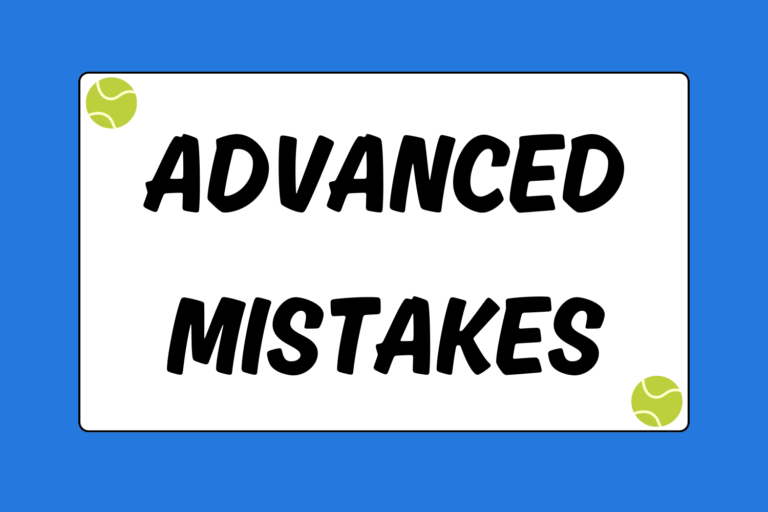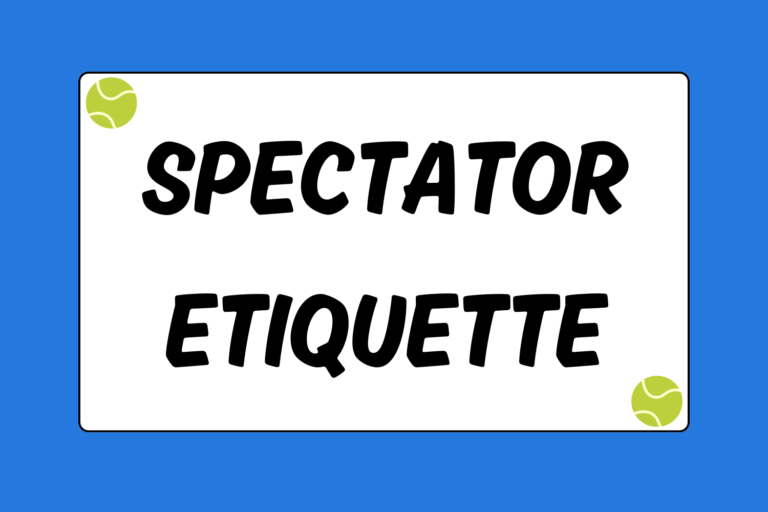One of the most recognizable aspects of tennis has nothing to do with fuzzy yellow balls, grass courts, or graphite racquets. Instead, many fans and players associate the game with a different kind of racket: Grunting. Tennis supporters from all over the world have made a lot of noise about players who grunt while they hit the ball. Fans wonder if the shrieks are natural or if they’re some kind of modern and bizarre way for players to make their personal marks on the game. Other followers propose an even more fascinating idea: Players grunt to gain a competitive advantage over their opponents. This guide explores the loudest aspect of tennis, and explains how grunting could help your game.
Fun Fact:
The world’s former number one female player, Maria Sharapova, has had grunts measure in at 101 decibels. That’s the equivalent of a small, nearby airplane taking off!
To Grunt or Not to Grunt
To be fair, not all tennis players grunt. The players that do, however, cement their images (and vocal chords) into the memories of many fans, players, and casual observers. While it’s extremely difficult to provide quantifiable evidence that grunting improves your game, there are a few reasons why it might help.
Freedom to Screech
In the past 35 years, tennis has seen some of the most dominant players in its history. The game has transformed, and players are bigger, stronger, taller, and faster than ever before. Both men and women have revolutionized the idea of “power” tennis, as players from all around the globe smack the ball with maximum effort and authority. They put their utmost amount of energy into each and every shot, and will normally lose if they don’t. However, there has to be a way to release this energy.
Most tennis swings have a lot of moving parts: Both your upper and lower body work in unison and at maximum effort as you swing. Grunting as you strike the ball helps you expel this built-up energy. It’s unnatural to hold your breath during a strenuous workout, and your body tightens up if you don’t release your energy. Because it’s best to stay loose while you swing, many tennis players prefer to let out any possible pent-up oomph by grunting.
Timing Makes a Difference
Grunting helps some players establish a rhythm while they hit. Similar to how breathing patterns affect how you lift weights, grunting affects your tennis swing. Not only does grunting help you expel energy, it can improve your timing. When players grunt, they normally do so at the same moment on every swing. For example, some players always begin to grunt as they start to swing up on their serves. Whether it’s necessary or not, the grunt helps a player time his swing and establish a solid rhythm. Repetition leads to consistency, and consistent tennis players normally win.
Playing with Poise
Tennis is an extremely fast game. Points are normally short, but you have to move at absolute full speed while the ball is in play. Some players work best by staying quiet and clenching their energy inside. Other athletes show their exertion in a more obvious fashion, like grunting. Either way, tennis players need to have confidence in their game and replicate whatever works.
So if grunting gives you more confidence in your stroke, then grunt away. Use any technique that helps you win — whether it’s how you grip the racquet, turn your shoulders, watch the ball, or grunt. If you’re comfortable with your game, you’ll exude confidence on the court. Don’t be embarrassed, and let the scoreboard speak for itself.
Let It Out
Certain players simply need to grunt as they swing. Whether you like it or not, you can’t control what other players do. So rather than wondering if it’s necessary, it’s probably more relevant to ask if it’s dramatized. Some players might exaggerate their grunts simply to surprise or throw off their opponent. But is this so unusual?
Athletes in all sports make noises while they play. Tennis just happens to be one of the few sports where shouting and screaming from the stands are not encouraged, so it’s much easier to hear even the softest burp from a player. During a nearly silent tennis match, loud grunts seem to be magnified by a sub woofer.
Don’t preoccupy yourself with minor tendencies, like grunting. Use whatever approach works best, and focus solely on making improvements and winning matches.





